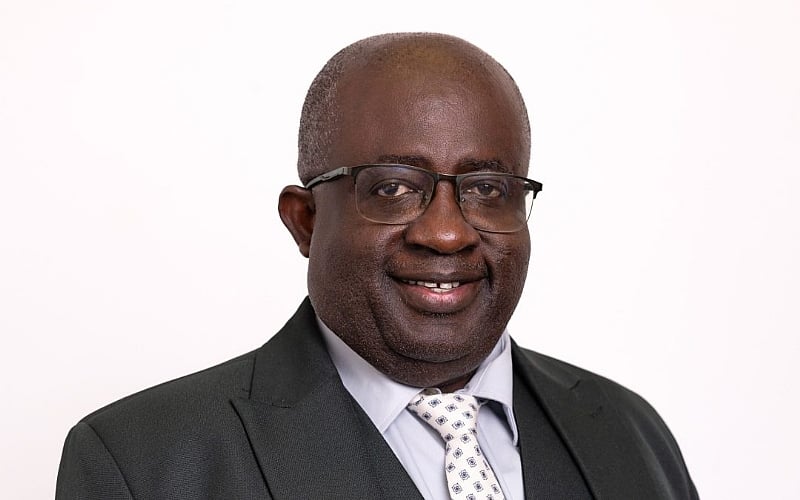The debate surrounding the future of Ghana’s mining industry has intensified, with the Stability Agreement emerging as a central point of contention. Dr. Toni Aubynn, Acting Chief Executive Officer of the Petroleum Hub Development Corporation (PHDC) and former Chief Executive Officer of the Minerals Commission, has cautioned against abolishing the Stability Agreement, emphasizing its crucial role in attracting and retaining large-scale mining investments in Ghana. He argues that the Agreement, which provides fiscal and regulatory assurances to investors, is essential for maintaining investor confidence and ensuring Ghana’s competitiveness in the global mining landscape. Scrapping the Agreement, he warns, could deter potential investors and weaken the industry’s growth prospects.
Dr. Aubynn’s argument centers on the predictability the Stability Agreement offers to investors. By guaranteeing consistent tax and fiscal regimes for a specified period, usually up to 15 years, the Agreement assures investors that their substantial capital investments will be protected from unpredictable policy changes. This stability is particularly critical for long-term mining projects, which require significant upfront investments and often operate in volatile global commodity markets. Removing this safeguard, Dr. Aubynn contends, could create uncertainty and discourage investment, particularly from large international mining companies who have other investment options globally.
Instead of abolishing the Stability Agreement, Dr. Aubynn proposes a more nuanced approach. He recommends raising the investment threshold required to qualify for the Agreement, ensuring that it is applied primarily to large-scale projects with substantial capital commitments. This would target the Agreement towards investments with the greatest economic impact, while potentially addressing concerns about its application to smaller-scale operations. Additionally, he suggests incorporating additional provisions into the Agreement to further enhance its effectiveness and address any perceived shortcomings. This could include provisions related to local content requirements, environmental protection, or community development initiatives.
Another key aspect of Dr. Aubynn’s perspective relates to the alignment of mining lease durations with the operational lifespan of mines. He supports aligning lease terms with the projected life of the mine, providing a framework for long-term planning and investment. This alignment, he argues, would encourage more efficient and sustainable mining practices by providing operators with the security to invest in long-term infrastructure and sustainable development initiatives. However, Dr. Aubynn emphasizes the importance of flexibility within this framework. He advocates for granting incumbent operators the first right of refusal when leases expire, allowing them to continue operations if they demonstrate responsible environmental and social practices and maintain a viable business plan. This approach would reward responsible operators while ensuring a smooth transition if a change in operators is deemed necessary.
The debate over the Stability Agreement comes at a crucial juncture for Ghana’s mining sector. The country is actively revising its mining policy, and stakeholders hold divergent views on the Agreement’s future. Some argue for its complete removal, viewing it as an unnecessary concession to foreign companies and a potential source of revenue loss for the government. Others, like Dr. Aubynn, believe it is a critical tool for attracting investment and driving economic growth. The outcome of these deliberations will significantly shape the future of Ghana’s mining industry, impacting investor confidence, government revenue, and the overall contribution of the sector to the national economy.
Ultimately, the decision on the future of the Stability Agreement requires a balanced approach. Policymakers must carefully weigh the potential benefits of attracting foreign investment and promoting long-term stability against the concerns about revenue maximization and national control over resources. A nuanced approach, such as the one suggested by Dr. Aubynn, could offer a pathway to optimize the benefits of the Agreement while mitigating potential risks, ensuring that Ghana’s mining sector remains attractive to investors and contributes meaningfully to the country’s sustainable development goals. A thorough review and potential revision of the Agreement, incorporating input from all stakeholders, is crucial for achieving a framework that fosters responsible mining practices, maximizes economic benefits for Ghana, and ensures the long-term sustainability of its mining industry.














